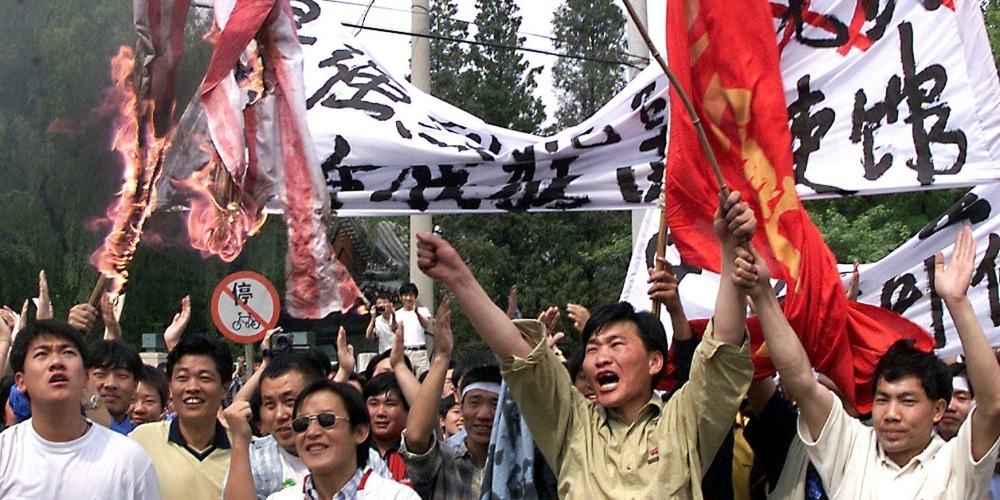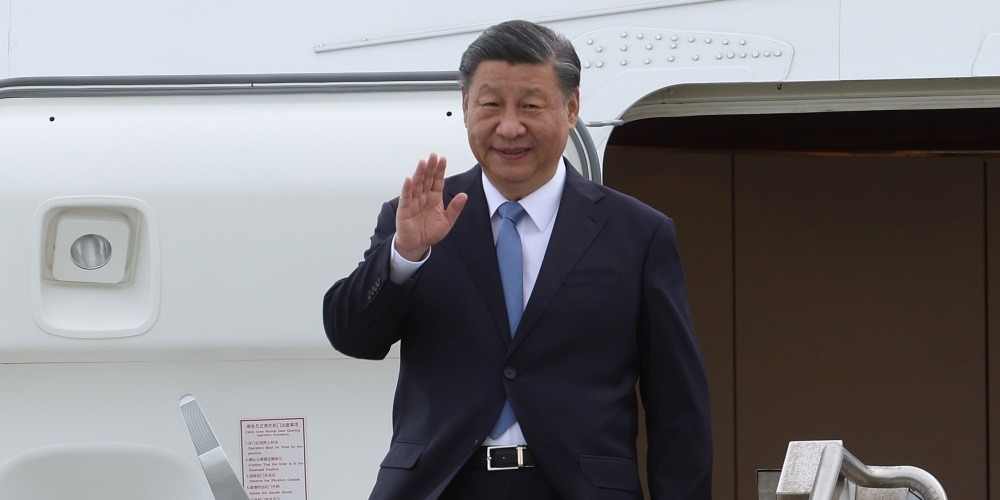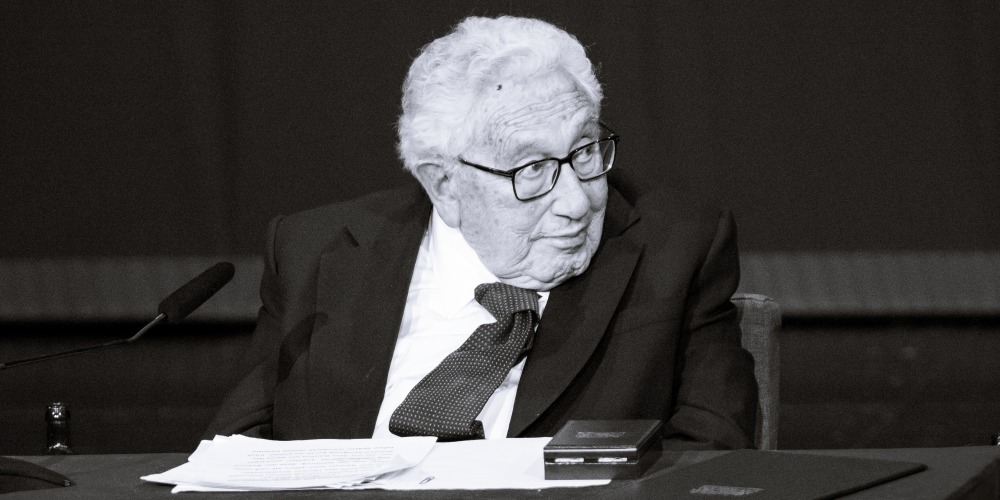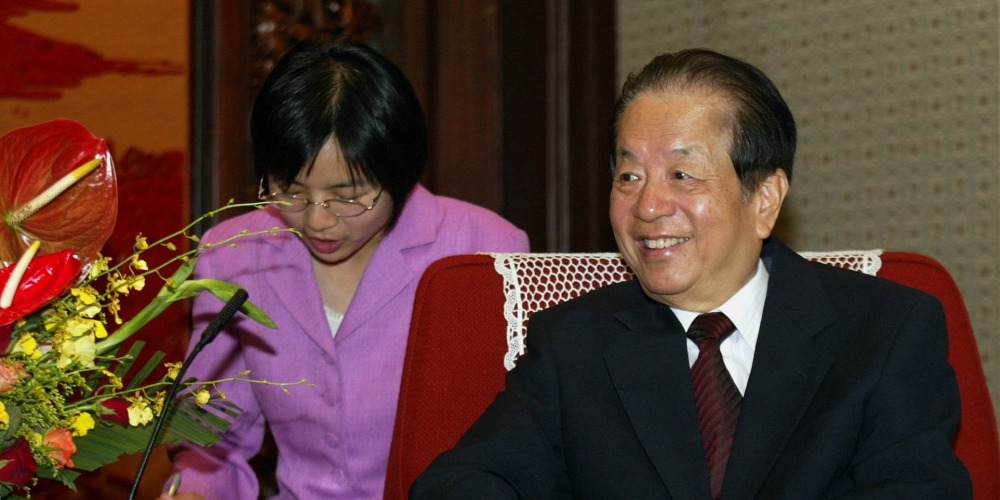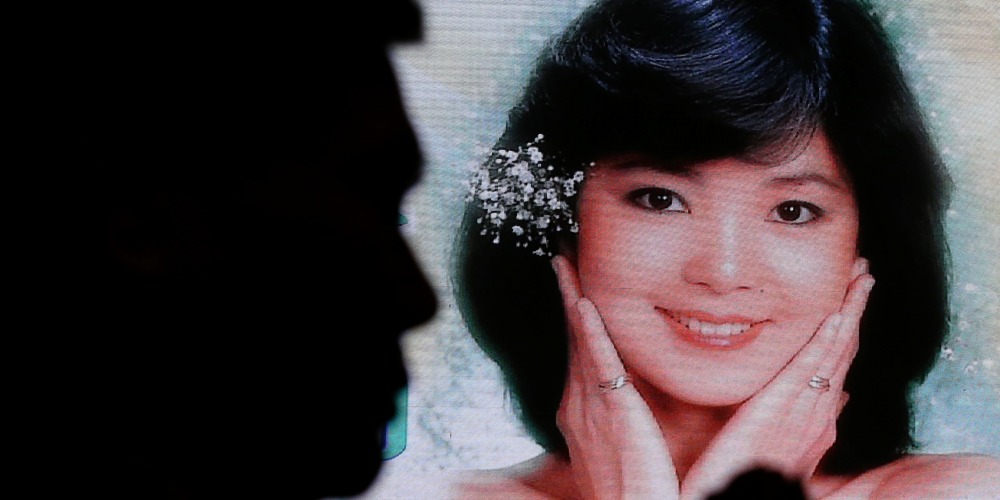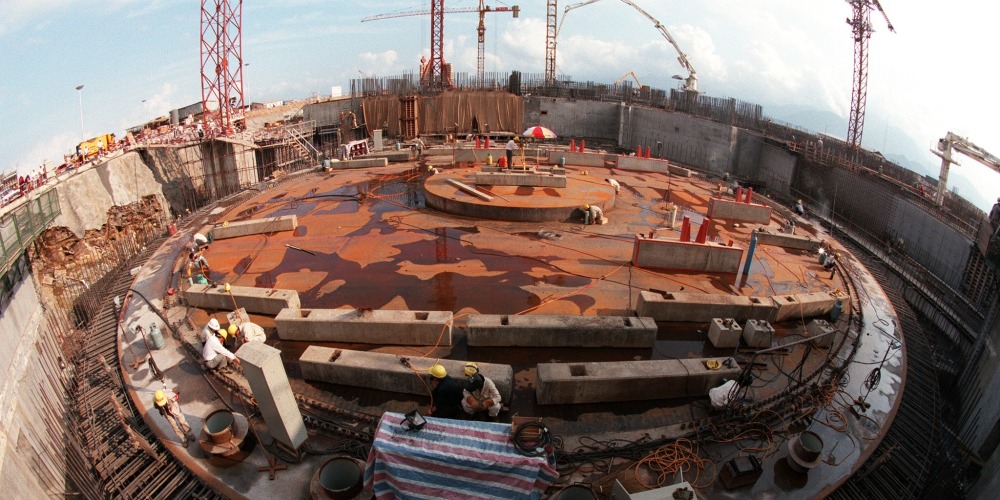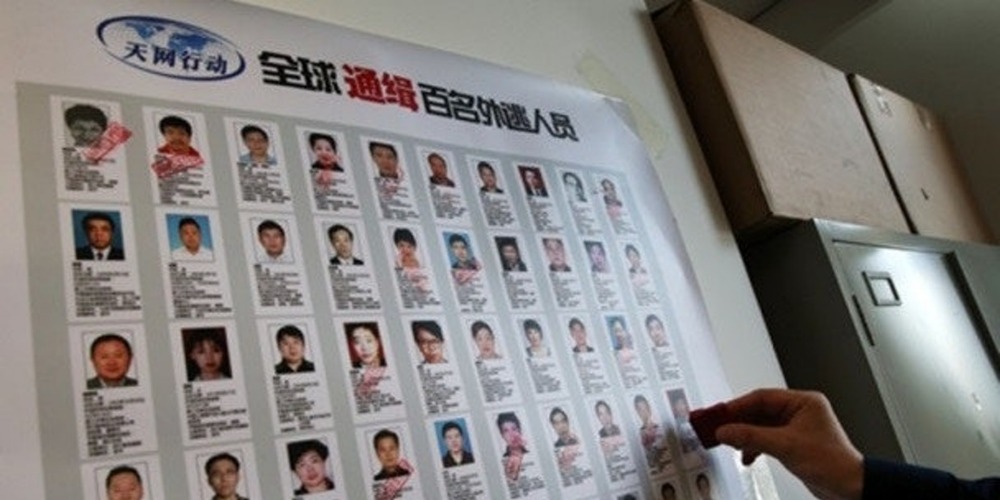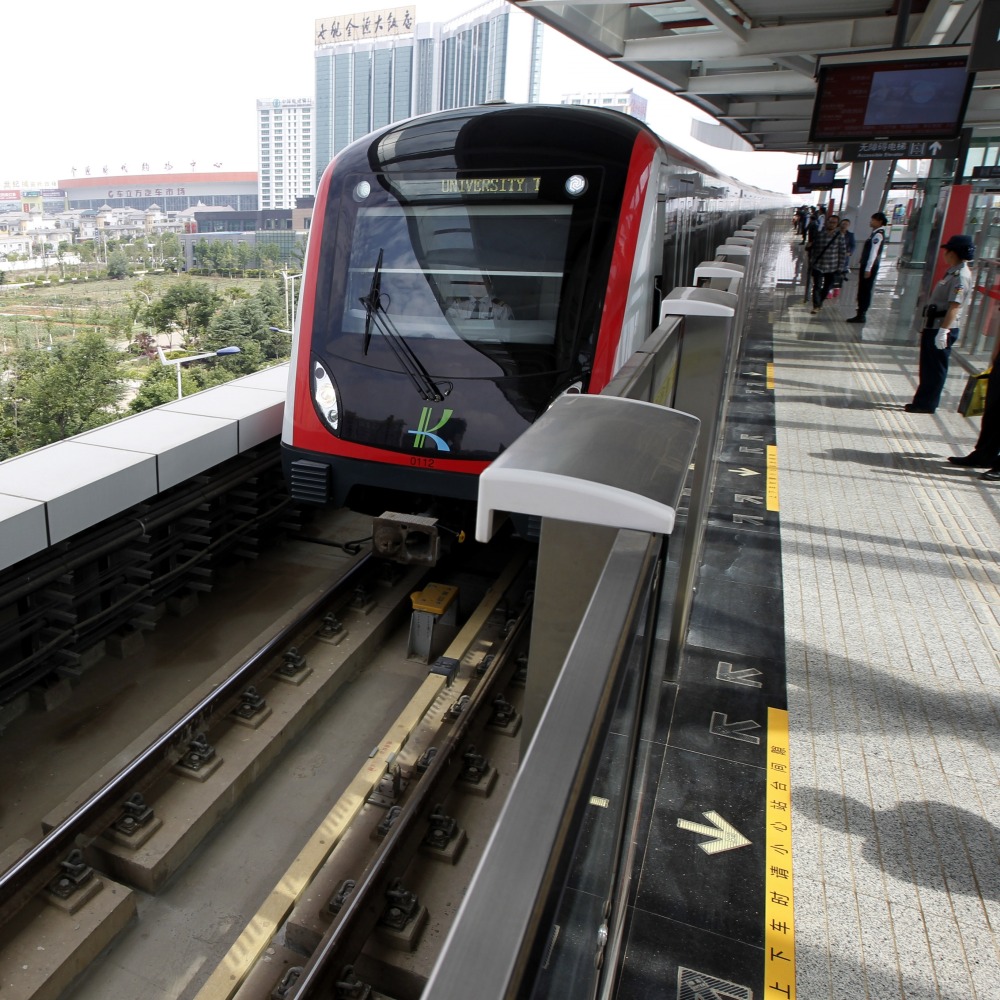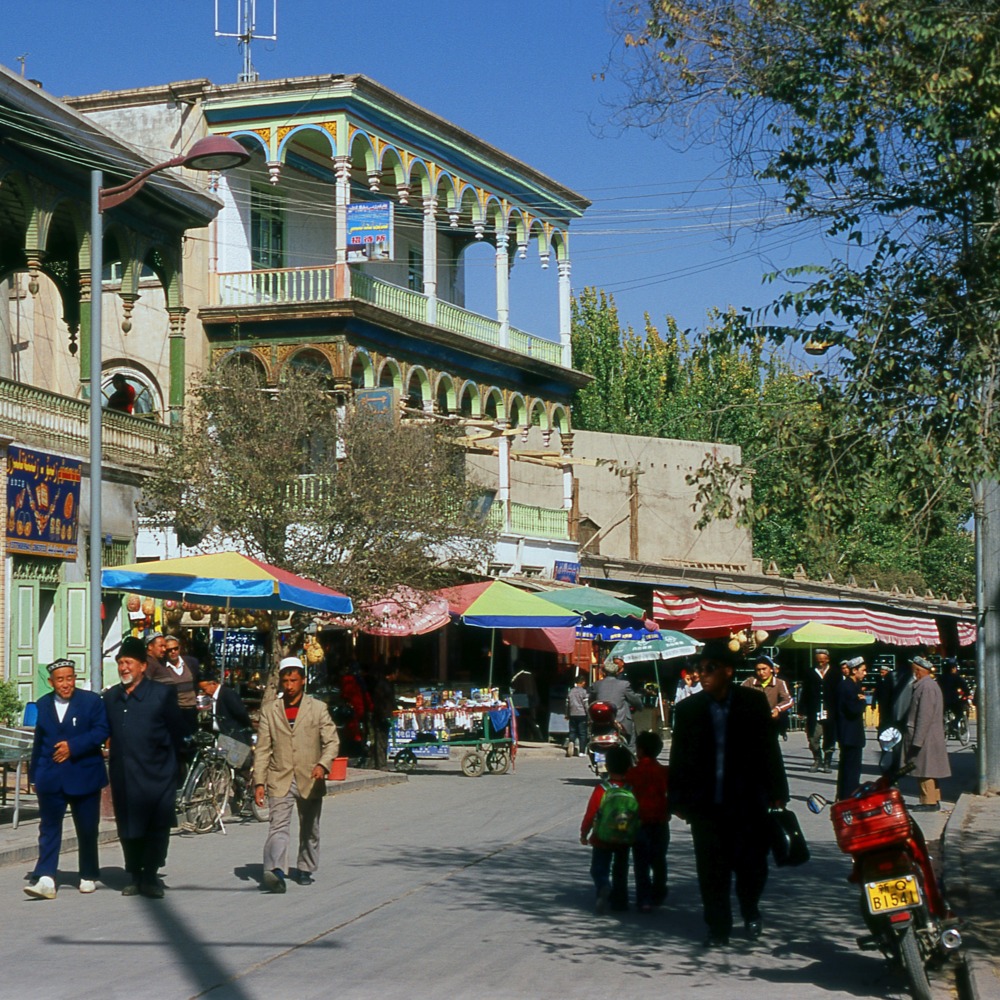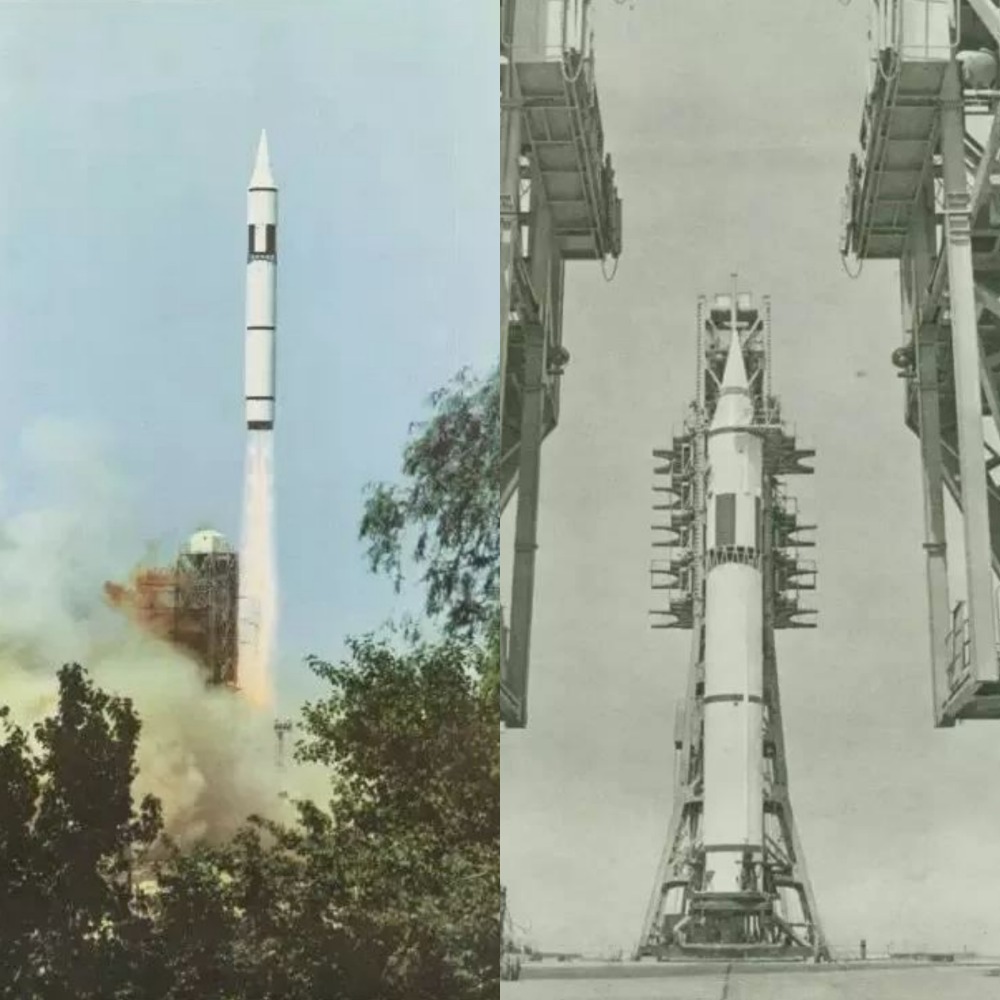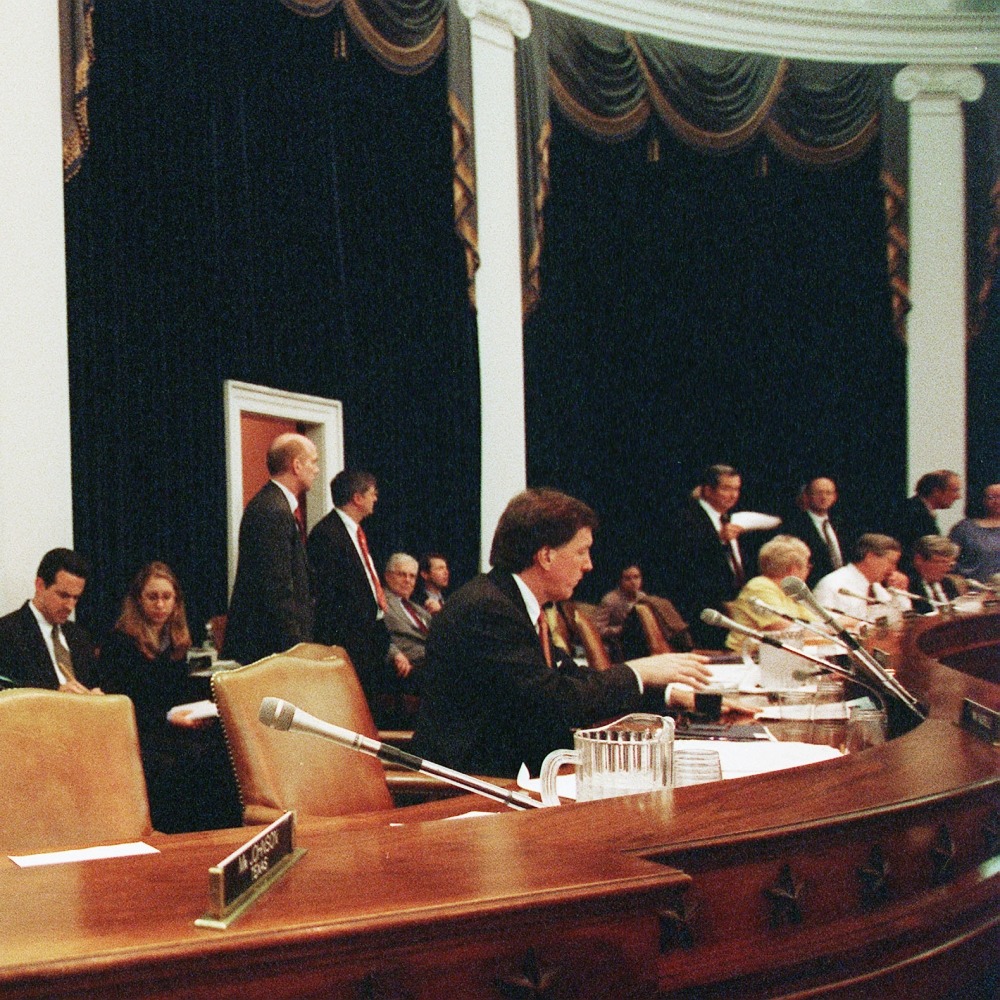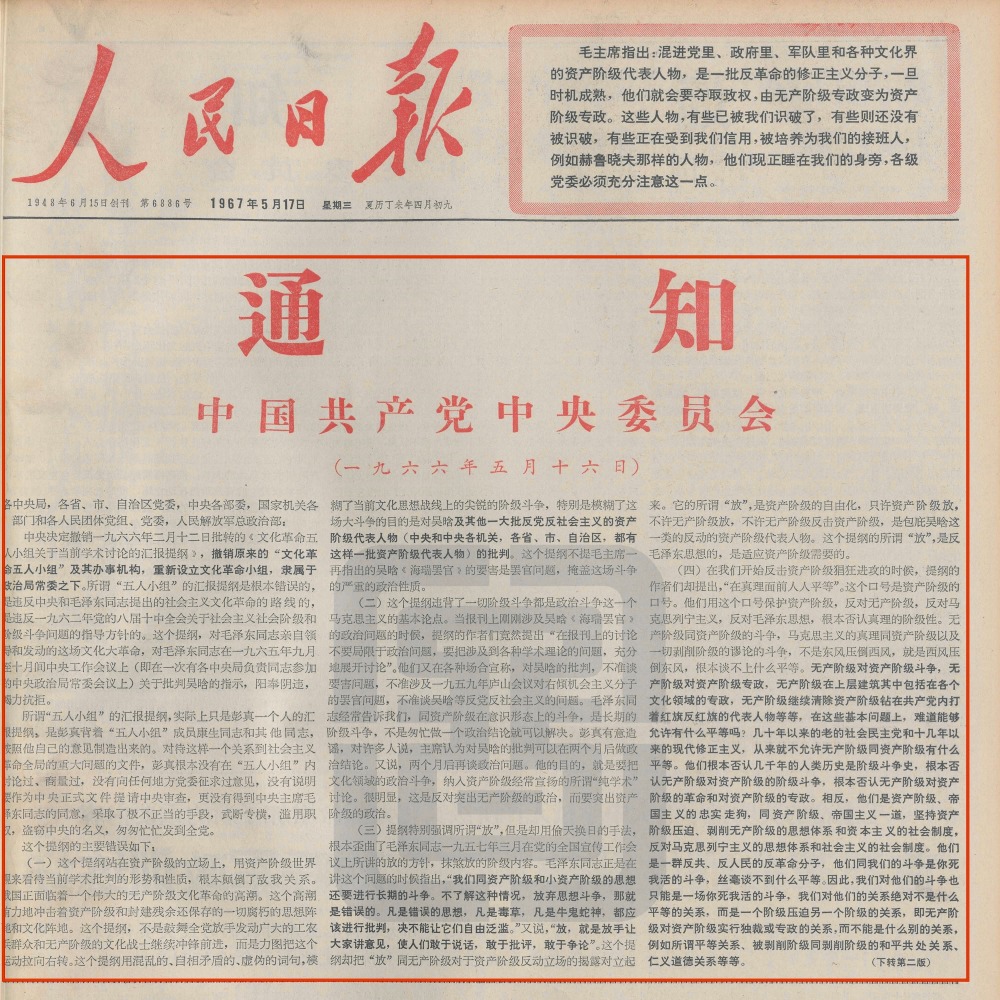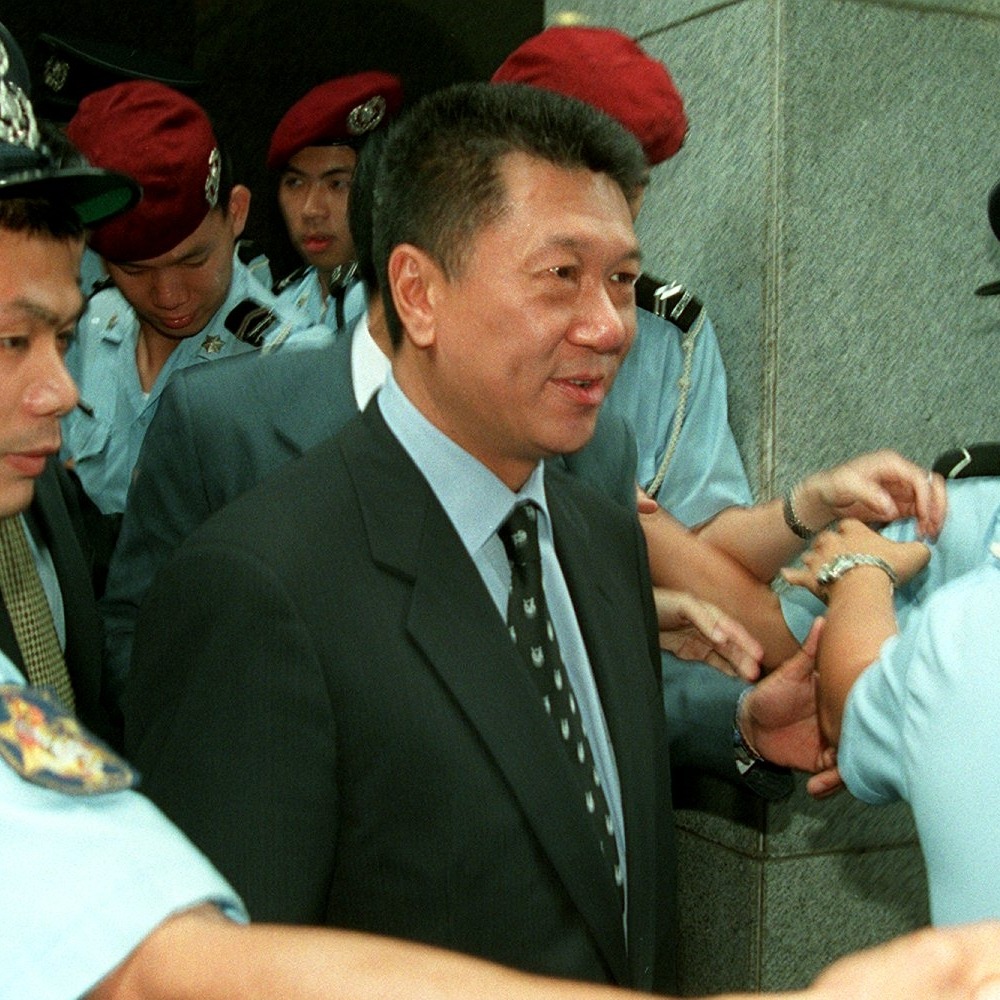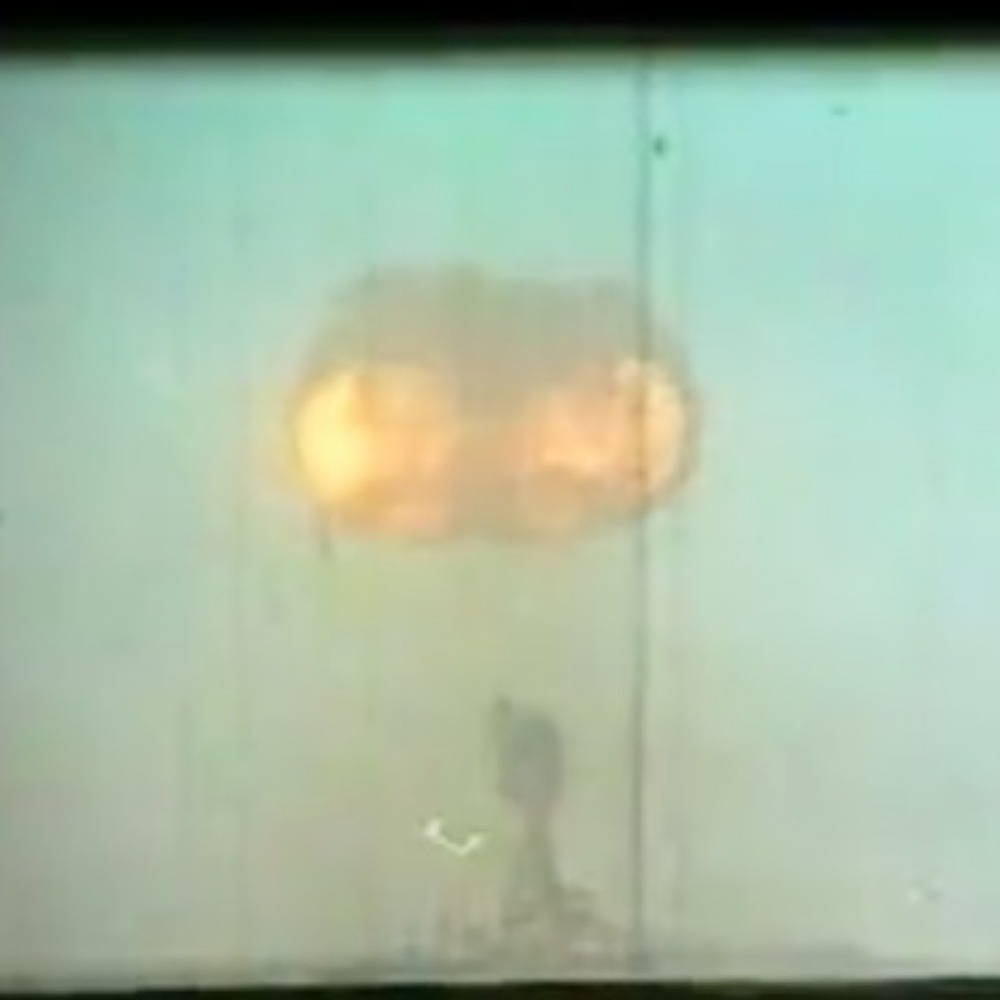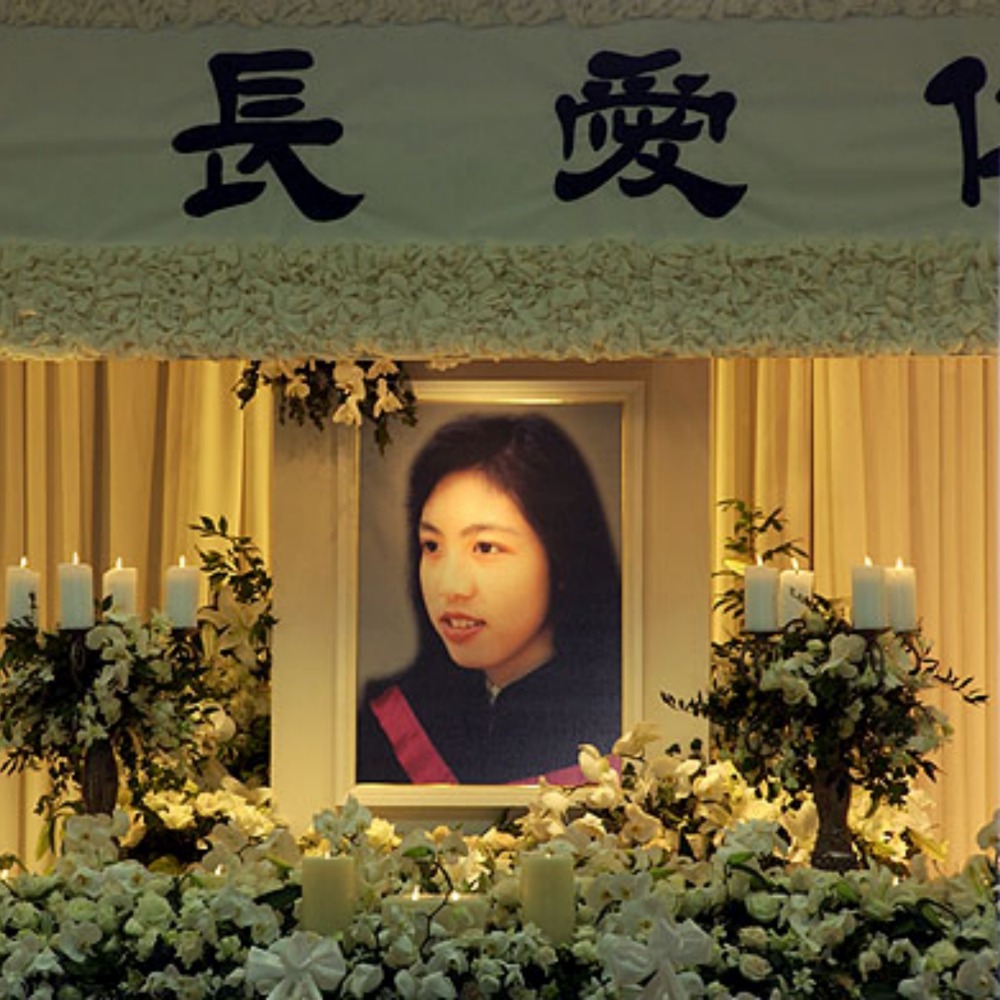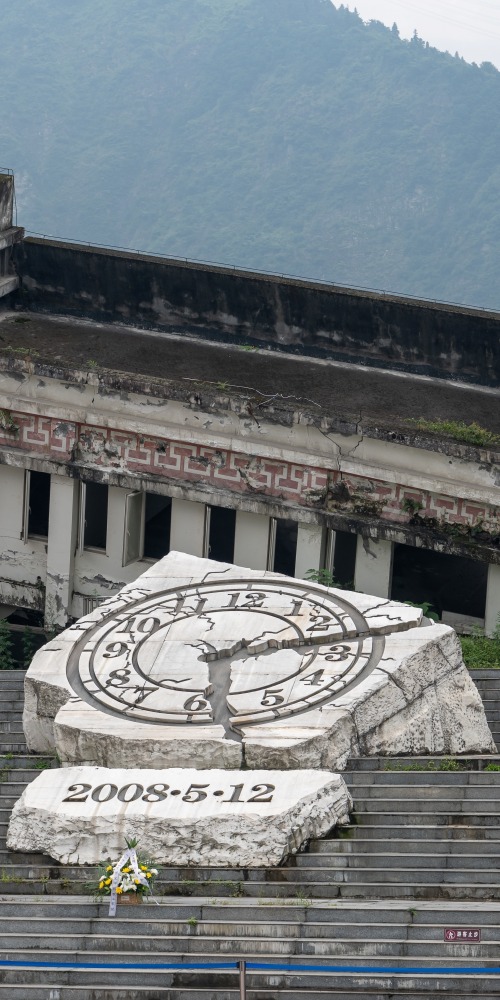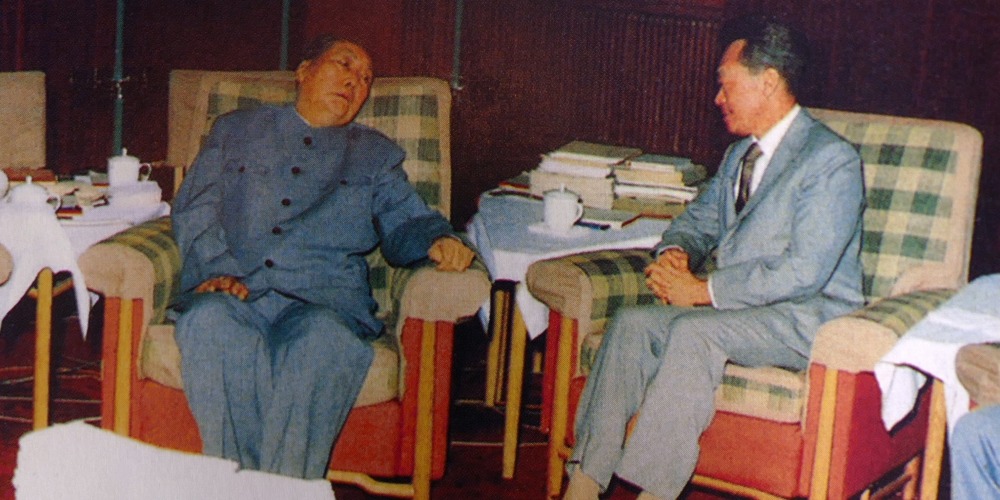Published on : 07/05/2024
On May 7, 1999 (May 8 in Beijing Time), during NATO's intervention in the Kosovo War and the bombing of Yugoslavia, U.S.-led NATO forces carried out a missile attack on the former Chinese Embassy in the Federal Republic of Yugoslavia in Belgrade, which left three Chinese journalists dead and dozens of others injured.
At 11:45 p.m. on May 7, a U.S. bomber dropped five precision-guided bombs, hitting the Chinese Embassy in Yugoslavia at No. 3, Cherry Blossom Road.
Shao Yunhuan, a reporter for Xinhua News Agency, was killed instantly, while Xu Xinghu, a reporter for Guangming Daily, and his wife Zhu Ying were killed when the guest room they were staying in was destroyed by the bomb and collapsed. In addition, the embassy complex was severely damaged by the bombing.
NATO and the U.S. explained that the bombing was a mistake because the CIA and the National Geospatial-Intelligence Agency (NGA) had used outdated maps.
It was claimed that in the outdated maps, the Chinese Embassy was about 180 metres away from the target of the bombing, which was Yugoslavia's military headquarters, and about 300 metres away from Yugoslavia's Federal Bureau of Military Supply and Procurement, and that the size and shape of these buildings were very similar.
After the incident, the Chinese government issued a statement saying that the incident was a gross violation of Chinese sovereignty and a wanton trampling on the Vienna Convention on Diplomatic Relations and the basic norms of international relations.
It was also stated that the Chinese government and Chinese people expressed their great indignation and severe condemnation of the incident, and lodged the strongest protest against it.
The statement also mentioned that NATO must bear full responsibility for the incident, and the Chinese government reserved the right to take further measures.
On May 8 (Beijing Time), a series of large-scale rallies and demonstrations across China were launched in response to the incident.
A number of U.S. embassies and consulates in China were also attacked, including the U.S. Embassy in Beijing, which was even smashed and vandalised, and clashes erupted between people and the police.
Subsequently, the then Vice-President Hu Jintao made a television speech on May 9 (Beijing Time), expressing that the Chinese people had shown great indignation and strong patriotic fervour over the above incidents, and the Chinese government would, in accordance with the law, resolutely support and protect all protest activities that complied with legal requirements.
